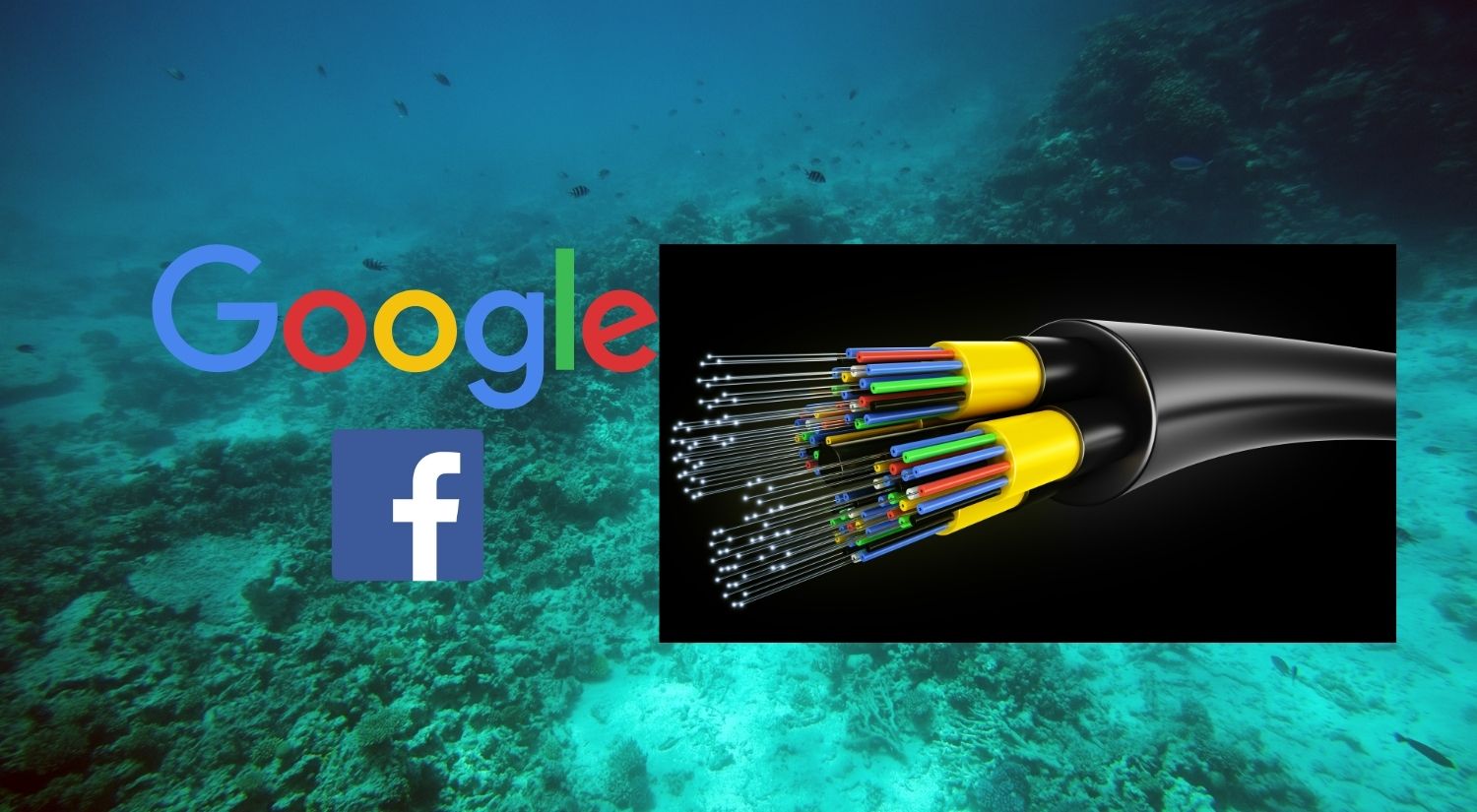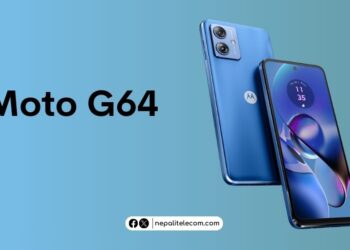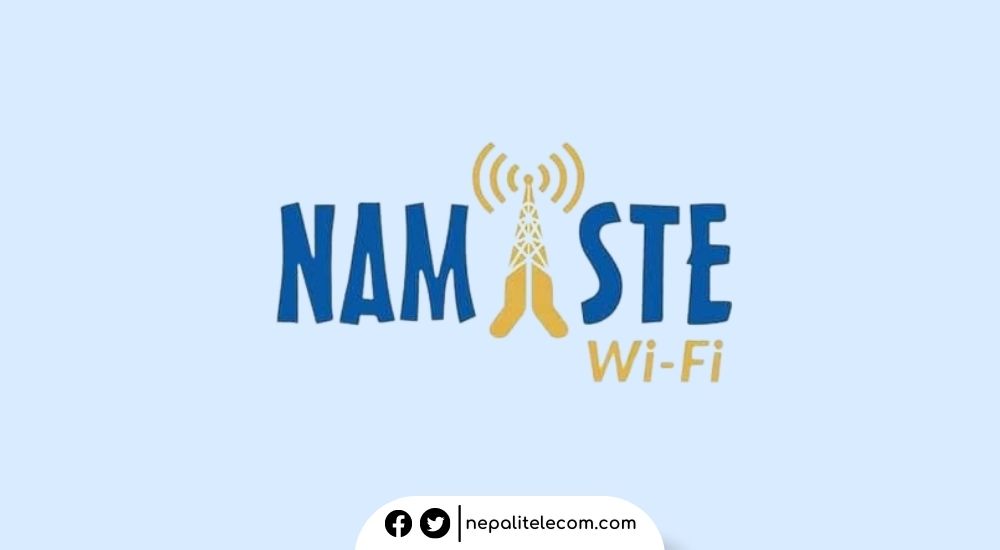Tech giants Google and Facebook have unveiled plans to lay subsea cable to improve broadband connectivity in the Asia-Pacific region. The project is set to complete by 2024 that will link Japan with Southeast Asian nations.
The project termed Apricot will link Asian nation Japan with Taiwan, Singapore, Guam, the Philippines, and Indonesia. This will meet the demand for faster and more reliable broadband access plus 5G connectivity.
The Apricot project will lay undersea cable stretching 12,000 kilometers and be ready by 2024. After regulatory approvals, they would quickly come into operation, both companies said in separate statements.
Project Apricot: For Better Internet
The Apricot project “will deliver much-needed internet capacity in the Asia-Pacific region. It will also help bring redundancy, and reliability to expand connections in the region,” said Facebook engineering manager Nico Roehrich.
“The Apricot cable is part of our ongoing effort to expand global network infrastructure. It will better serve the more than 3.5 billion people around the world from our services every month,” Roehrich added.
Also read: Axiata Trials Open RAN Field Pilots In Emerging Asian Markets
Project Echo: Another Cable Project
The Silicon Valley-based companies have also announced another project named Echo to connect the US, Singapore, Guam, and Indonesia.
Regarding this, Google Cloud vice president Bikash Koley said, “The Echo and Apricot cables are complementary submarine systems that will offer benefits with multiple paths in and out of Asia, including unique routes through southern Asia, ensuring a significantly higher degree of resilience for Google Cloud and digital services”.
The Echo and Apricot systems will improve the resilience of Google Cloud and its other digital services. The fiber-optic link that will span across the Asia-Pacific is will operate with a capacity of over 190 terabits per second, as per Facebook.
“Together they’ll provide businesses and startups in Asia with lower latency, more bandwidth, and increased resilience in their connectivity between Southeast Asia, North Asia, and the United States,” Koley added.
It is also noteworthy that both the companies have canceled their plans to lay subsea cables to connect California and Hong Kong due to political conflicts between the US and China. Subsequently, The US government dictated the project bypass Hong Kong entirely.
Check out: Japan Achieves World’s Fastest Internet Speed Record
The investment on the internet in Asia is a good sign for better connectivity in the region. Its positive effect might trickle down to other regions in some form. What do you think of this news? Let us know your opinion in the comments below.













